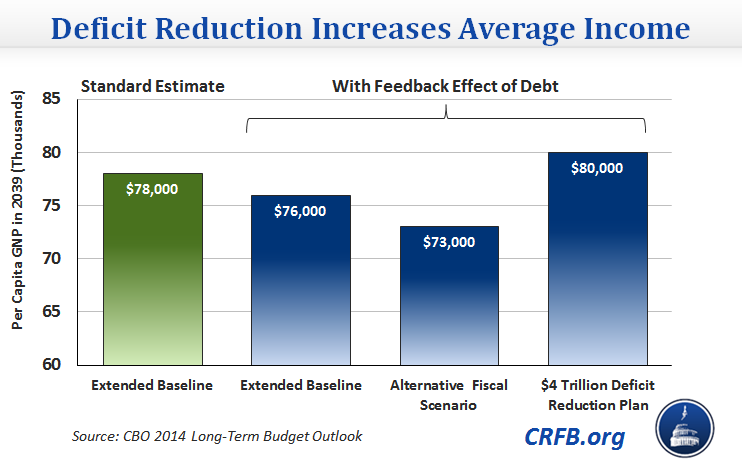Rendell: Progressives Should Get Serious About Cutting Nation’s Debt
Former Pennsylvania governor and Fix the Debt Campaign co-chair Ed Rendell (D) has penned an op-ed arguing that progressive candidates should care about debt reduction. He explains that reducing the debt allows for funding other progressive priorities and helps hardworking families by improving the economy. If progressives ran on this issue, they can also reclaim the issue from "budget scolds" by proposing solutions other than "gutting welfare programs, slashing entitlements and imposing needless austerity."
He states:
This year, progressives will run on strengthening the economic recovery, reducing inequality, improving college affordability, promoting broad-based wage growth and making sure the most vulnerable among us are well cared for. And if we want all these to happen, we also need to campaign on fixing the national debt — not as budget scolds — but as the wing of the party that connects how growing debt is incompatible with the American dream.
As Rendell argues, rising levels of government debt will eventually hurt everyday families.
Debt crowds out private investment, reducing economic growth and wages. Previously, we showed that CBO found a $7,000 difference in per-person income if debt is placed on a downward, rather than an upward path.
Further, large government debt is expected to create upward pressure on interest rates, meaning that families will pay more in interest for their homes, student loans, and other debts. As Rendell explained, "The very wealthy can bear these costs. But for ordinary Americans, that could be the difference between getting ahead and treading water or even falling further behind."
He concluded:
The United States should not accept the situation where incomes for middle-class Americans have grown far slower than the overall economy in recent decades. Economic mobility has always been central to the American dream.
Creating economic opportunity for all will require Washington to enact a number of policy changes. But none of these changes will have a lasting effect if we don’t have a plan to keep us from drowning in a sea of red ink.



